🎮 A Final Fantasy legend scored 92 on Metacritic and STILL inspires RPGs in 2025! 🌟
This game broke ALL the rules—heart-wrenching story, epic battles, and a world like no other. 😭⚔️
Why should today’s RPGs follow its lead? The secrets will blow your mind… 🤫
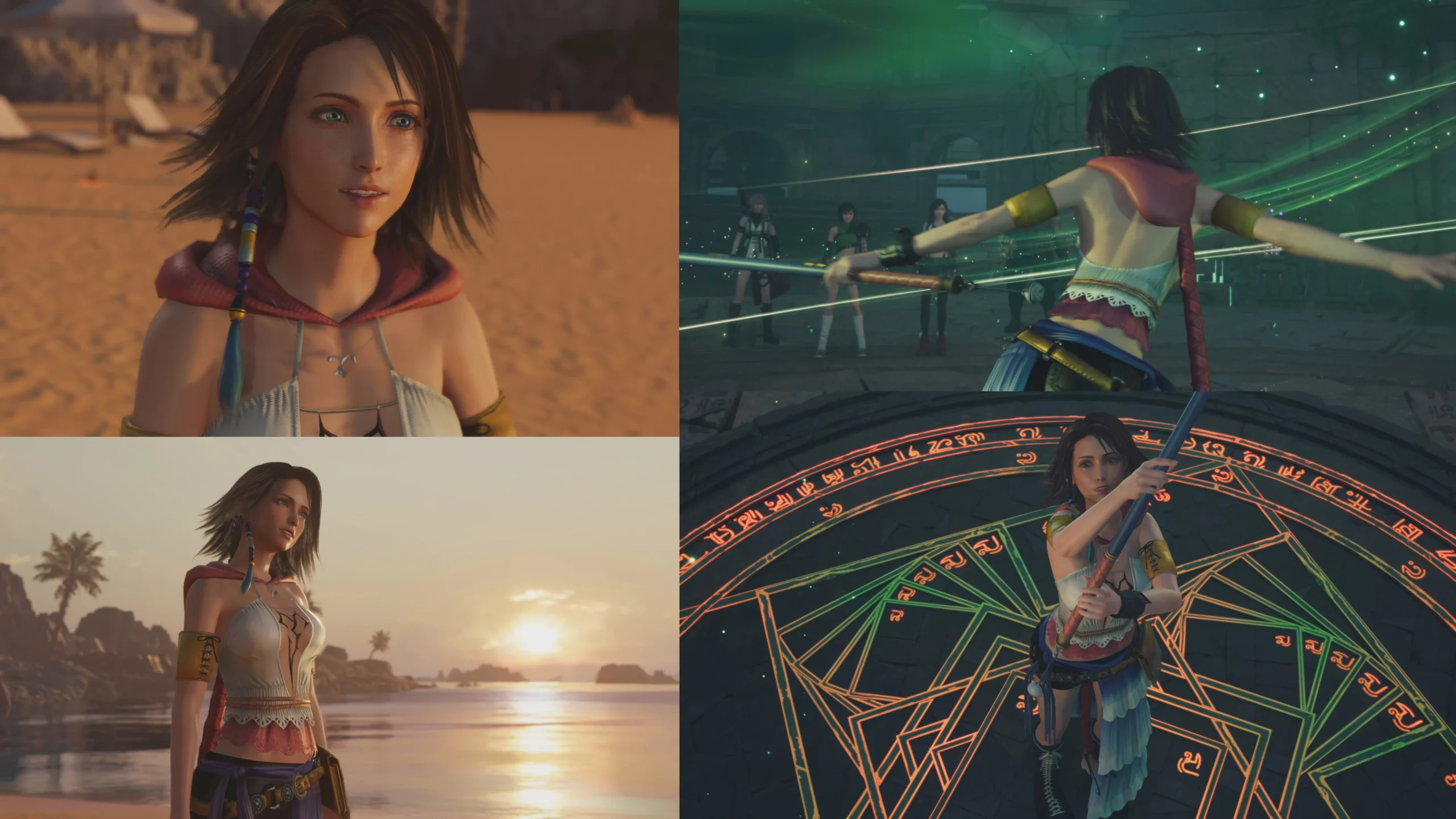
There are plenty of great RPG series, but even some of my favorites have one flaw that could be addressed by following the example of this Final Fantasy game. In general, more series could probably learn from the longevity of the FF series, as there are few that have lasted as long while also consistently releasing games. For instance, the Baldur’s Gate series has been around for nearly 30 years, but it’s also only had three games. This Final Fantasy game showed how RPG series can stay fresh while also releasing games more frequently.
Final Fantasy 10 Broke Many Series Traditions
Final Fantasy 10 Abandoned Staples Of Earlier Games And Added New Features

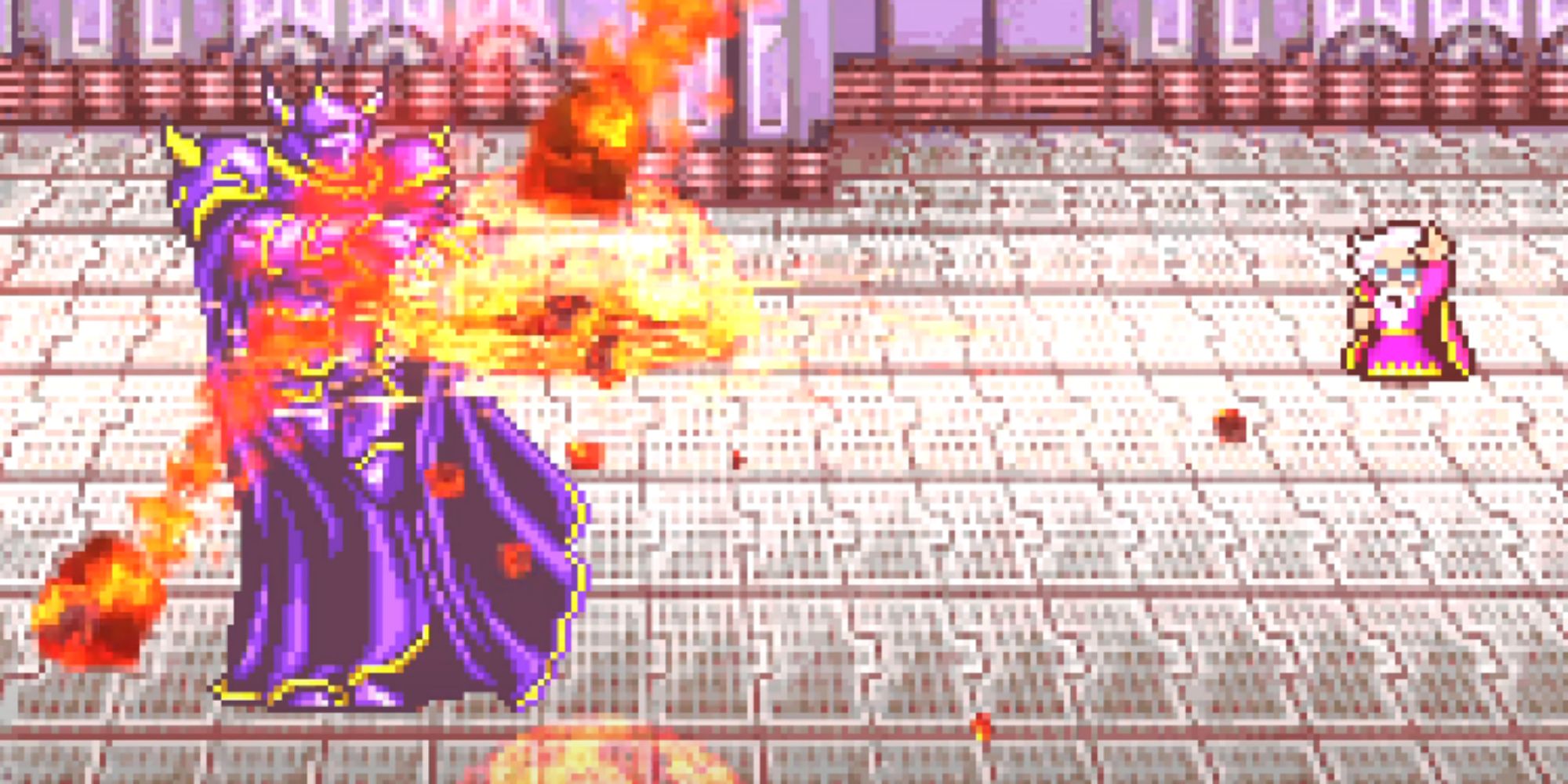
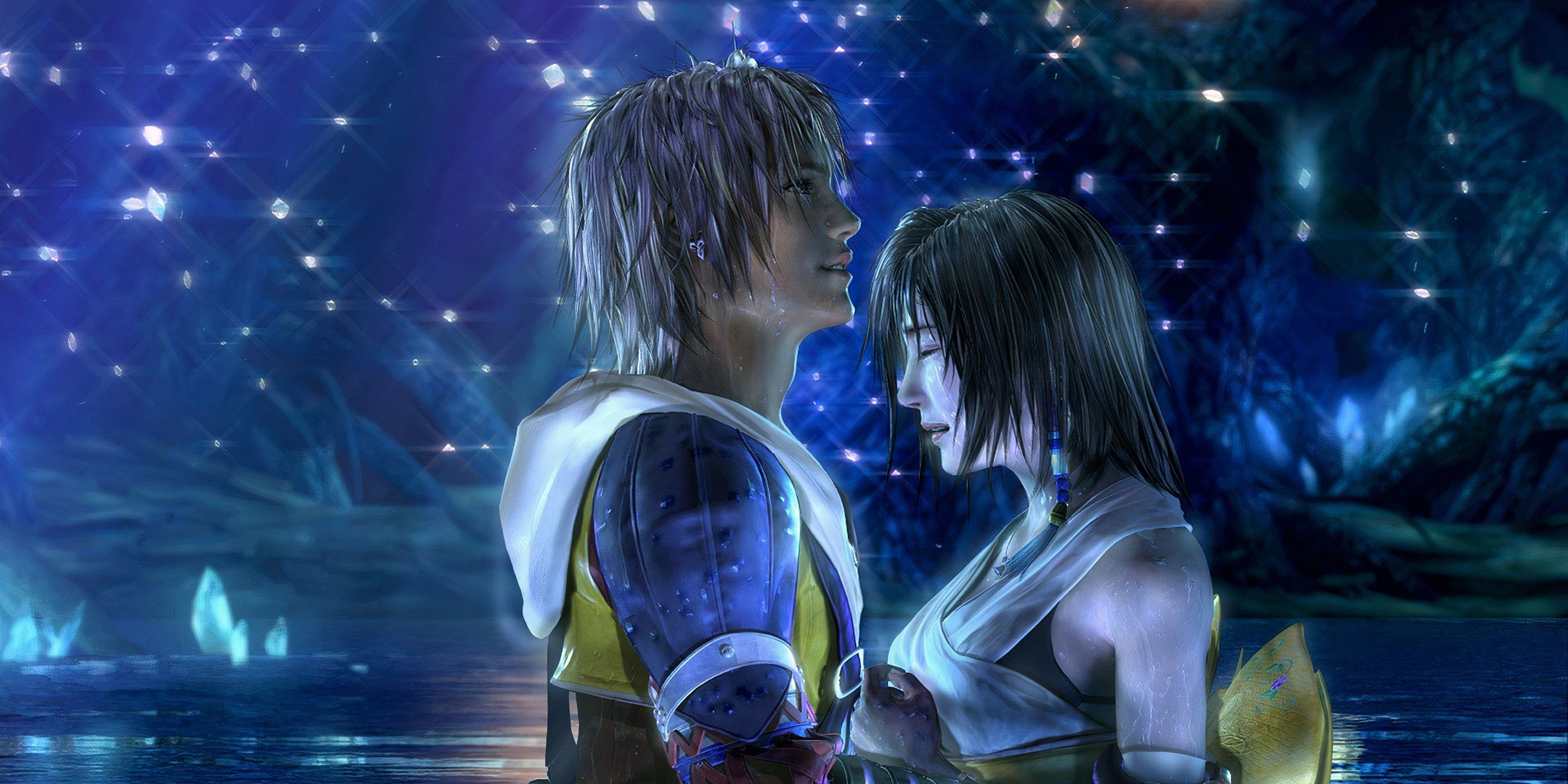
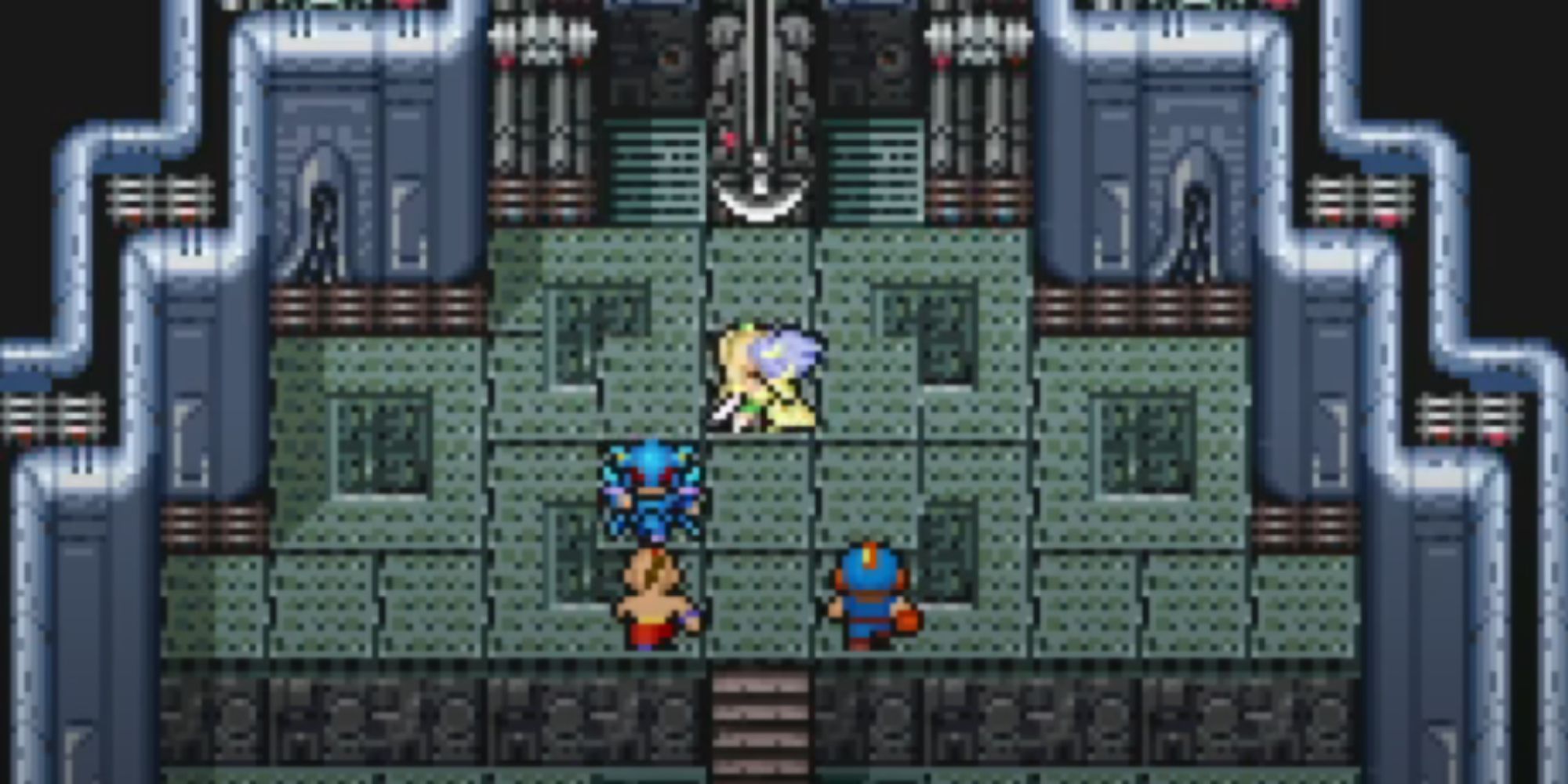
Final Fantasy 10 was a major success, not only earning a 92 on Metacritic, but also becoming many players’ favorite Final Fantasy game. While I would never say FF10 doesn’t deserve all this success and praise, I do think it’s a very interesting case because, on paper, it is very different from the Final Fantasy games that came before it. For one, it abandoned the classic overworld and is a largely linear experience until you get the airship. This was a pretty big departure from previous games, and is something that ironically earned FF13 a lot of criticism.
I wouldn’t be surprised if the CTB system is what attracted many players to Final Fantasy 10, as it makes the game slightly more approachable. As much as I love games like Final Fantasy 6, it can get stressful scrolling through a big list of spells while on a time limit. Although I would argue that the sense of anxiety caused by the ATB system creates more exciting battles, I can completely see how true turn-based combat would be more appealing to new players or anyone who likes to really deliberate over each move they make.
Final Fantasy 10 also revolutionized story-telling for the series. While voice clips were introduced as early as Final Fantasy 6, with Kefka’s laugh and Celes’ song at the opera house, Final Fantasy 10 introduced fully voice-acted cutscenes to the franchise. These changes didn’t just set Final Fantasy 10 apart, but shaped every game that came after it.
FF10’s Success Reinvented The Final Fantasy Franchise
Final Fantasy Games Continued To Change After FF10
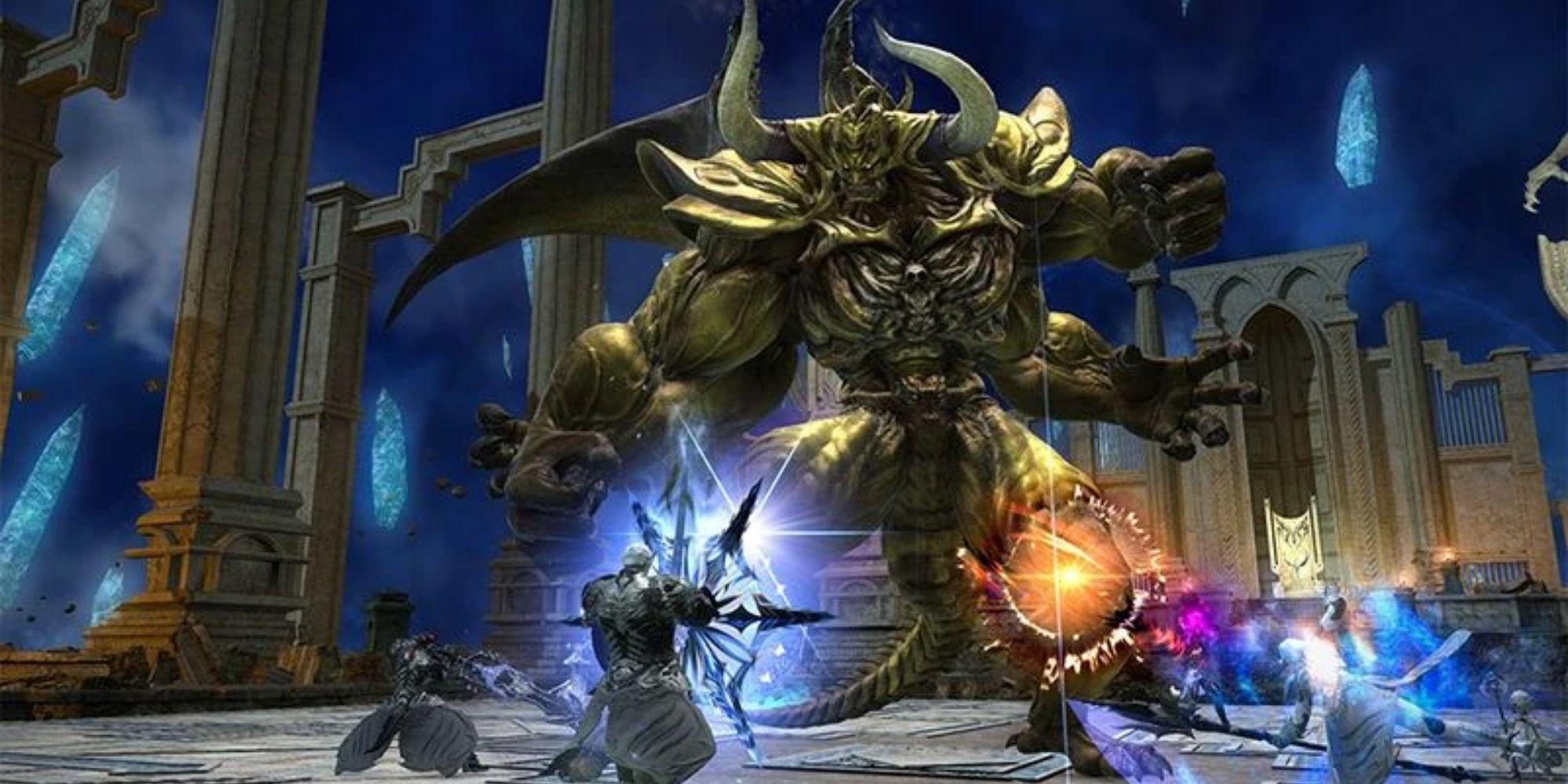
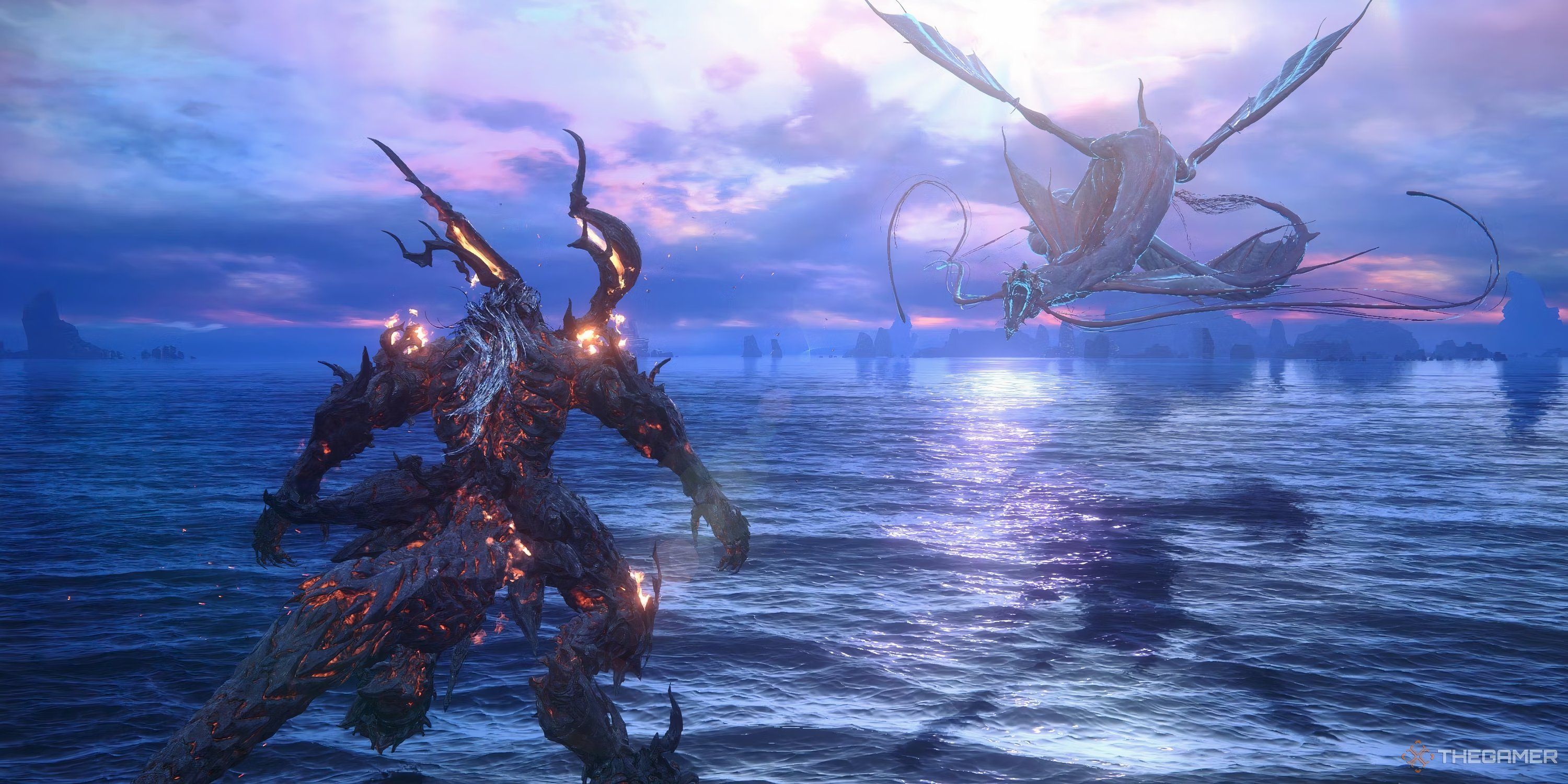
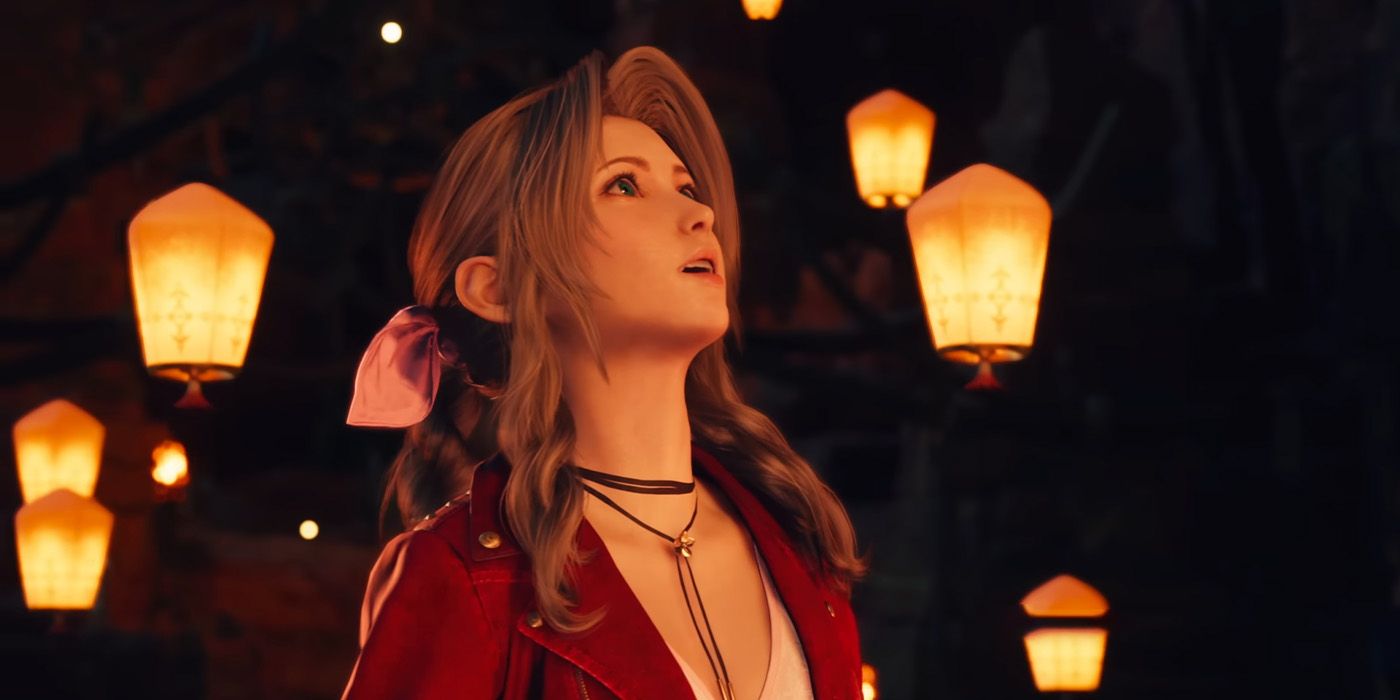
After Final Fantasy 10 proved to be a success, Square Enix continued building on the changes it made to the franchise. For one thing, voice-acted cutscenes became a much more common occurrence in the series following the game’s release. However, Square Enix’s willingness to experiment is easily the biggest impact that Final Fantasy 10 had on the series going forward. This can best be seen in the combat styles of each game after FF10.
Although FF4 through FF9 each made changes, big or small, to how combat worked in previous games, they were all still largely built on the ATB system established in FF4. In contrast, every mainline Final Fantasy game following FF10 has had a unique battle system. Although not all of these battle systems were hits with players, I still appreciate that Square Enix continued to innovate on their formula, and it eventually led to Final Fantasy 7 Remake‘s system, which is some of the best combat in the series.
More Game Series Need To Embrace Change
Some RPG Series Have Largely Stagnated Across Multiple Installments

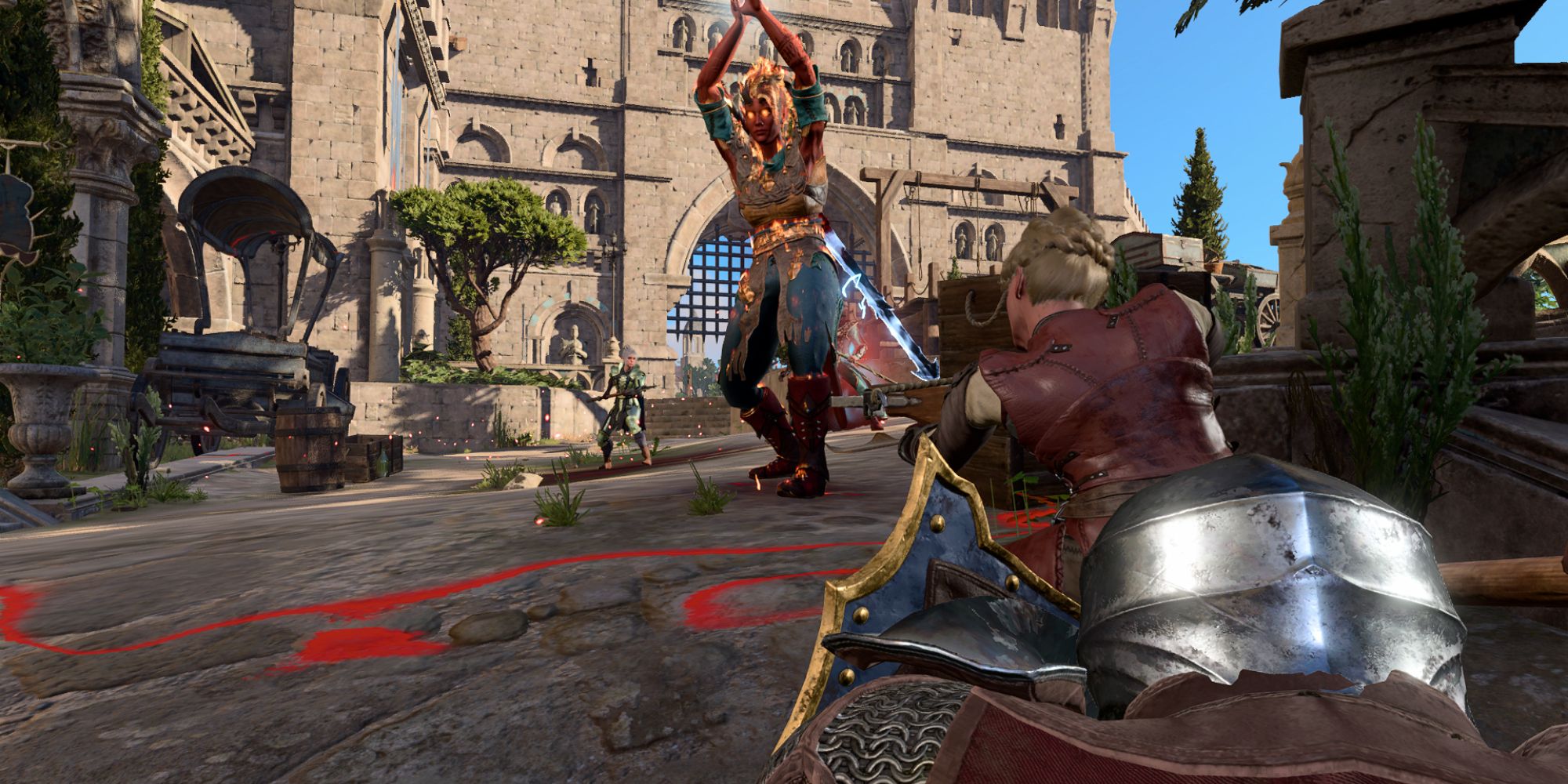

It’s worth mentioning off the bat that Final Fantasy is not the only RPG series that has found success through innovation. Baldur’s Gate 3 is a great example of how updating an old formula can lead to a much better sequel. Likewise, The Witcher 3‘s more open structure gave it a much grander sense of adventure than The Witcher 2, and if The Witcher 4‘s tech demo is any indication of what actual gameplay is like, the series will continue to make big strides forward. These success stories go to show that more RPG series should be open to change.
I can understand why game companies may be hesitant to abandon winning formulas, especially when a company like Bethesda spends over seven years developing the new Elder Scrolls game. It’s hard not to go with a safe bet when a big risk could mean a huge financial loss. At the same time, I can’t imagine the Final Fantasy series would have continued being a success if it didn’t risk making big changes with FF10. Other RPG formulas may still work for now, but if they never innovate, then they will eventually end up feeling outdated.





